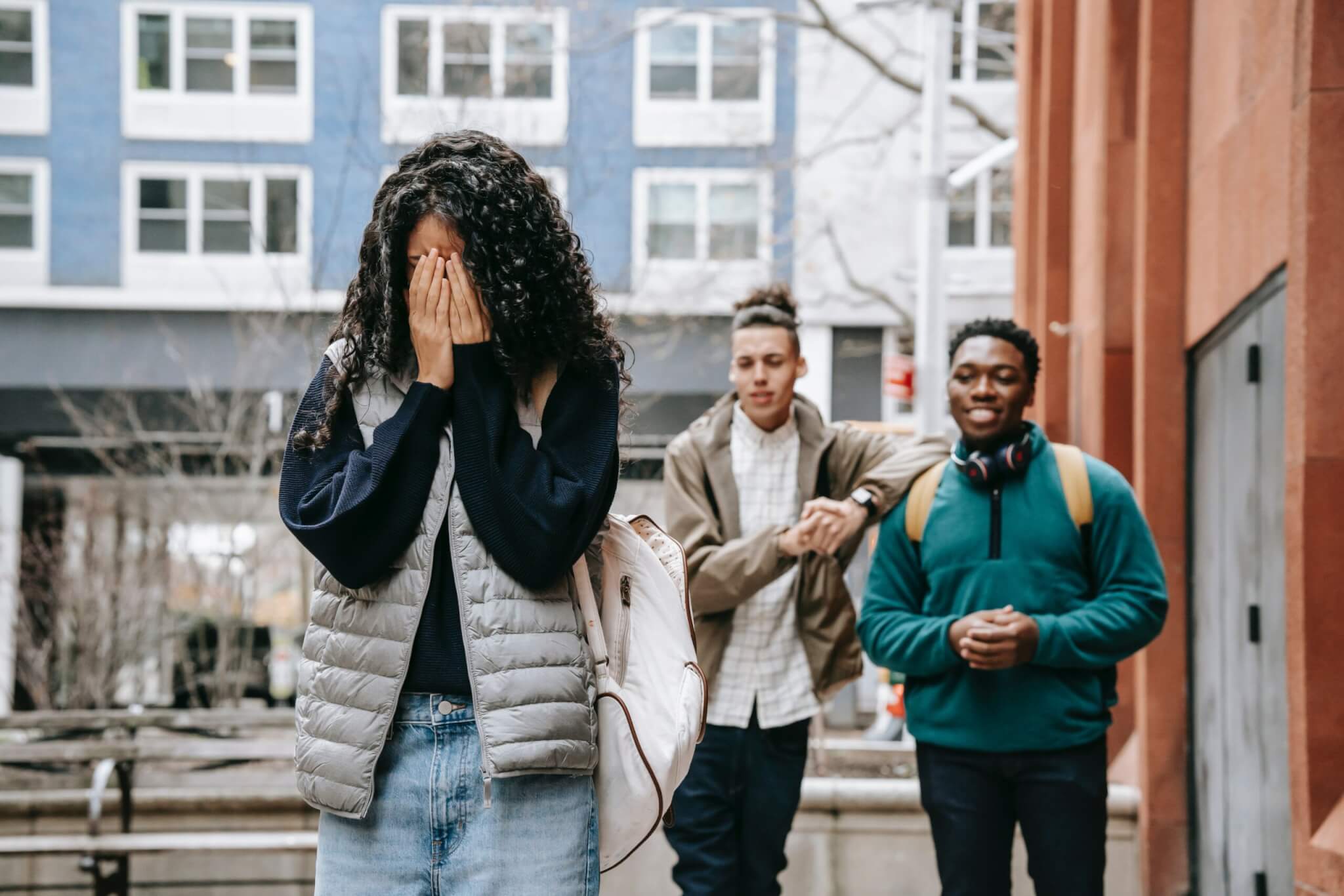BEIJING — Imagine you witness an unfair situation – perhaps a friend getting bullied or a co-worker being mistreated by the boss. What would you do? Many of us feel an urge to step in and right the wrong, either by confronting the perpetrator or comforting the victim. Psychologists call this “third-party intervention.”
Interestingly, our preferences for how to restore justice seem to shift depending on the circumstances. A new study published in PLOS Biology suggests that when we’re under acute stress, we become more inclined to help victims rather than punish offenders. The findings provide intriguing insights into the flexibility of our moral behavior.
Typically, when we observe an injustice as an uninvolved third party, our gut reaction is often to want to punish the offender. Evolutionarily, punishing norm violators helped enforce the rules that kept societies and groups functioning cooperatively. Punishing wrongdoing feels righteous and fair.
However, life is full of stressful, unpredictable situations where we have to make decisions under pressure – a tense confrontation, a high-stakes negotiation, or a workplace dispute. To simulate acute stress in the lab, the researchers had participants immerse their hands in ice water for three minutes, a standard technique for inducing temporary stress. A control group placed their hands in comfortably warm water.
The stressed and non-stressed participants then engaged in an economic game designed to model third-party intervention. They witnessed unfair monetary splits between two other players and had the choice to either punish the stingy player by taking money away, restore equity by giving money to the shorted player, or do nothing.
Under normal conditions, people tended to prefer punishing the unfair player. However, the stressed participants showed the opposite pattern – they were more likely to help the victim and less likely to punish the perpetrator. Computational models of their choices revealed that acute stress decreased participants’ psychological preference for punishment versus helping.

What’s happening in the brain to produce this behavioral shift? The researchers used fMRI brain imaging to peer inside the heads of participants as they made their decisions. Stressed participants showed increased activity in the insula and amygdala, brain areas involved in processing emotions and stress. Their amygdalae also exhibited stronger functional connectivity with regions like the ventromedial prefrontal cortex, which is involved in the regulation of emotions and decision-making.
Furthermore, making the harder choice to punish under stress engaged more activity in the dorsolateral prefrontal cortex, temporoparietal junction, and posterior cingulate cortex – key nodes of brain networks supporting theory of mind (imagining others’ mental states), strategic decision-making, cognitive control, and value computations.
In other words, punishing feels less automatic and requires more deliberate thought and willpower when we’re stressed out. Our default mode shifts toward the more prosocial, emotionally intuitive response of helping the victim.
From an evolutionary standpoint, this “tend-and-befriend” response to stress makes sense. When our ancestors faced collective threats and harsh environments, bonding together and supporting each other promoted the survival of individuals and the group. Punishing each other is costly and risks retaliation. Helping and soothing facilitate social cohesion.
“Our findings suggest a neurocomputational mechanism of how acute stress reshapes third parties’ decisions by reallocating neural resources in emotional, executive, and mentalizing networks to inhibit punishment bias and decrease punishment severity,” explains Huagen Wang, the study’s lead author.
This flexibility of our sense of justice has real-world implications. Court judges often make high-stakes rulings under stressful circumstances. Understanding how stress sways our moral intuitions and neural computations could inform fairer judicial processes. In the workplace, managers may make more prosocial decisions when feeling overwhelmed. And in our personal lives, we can be aware of how pressure and tension influence our impulses to blame and punish versus support and empathize.
Of course, the study has limitations. It was conducted on a relatively small sample of men, so it’s unclear how the effects may differ for women or larger populations. The researchers also induced physical stress rather than social stress, which could engage empathy-related brain networks differently.
Nonetheless, the findings are a poignant reminder of the power of context in shaping our moral choices. Depending on our inner state, the same objective situation can motivate us to either bring the hammer down on offenders or extend a helping hand to those harmed. As political and social tensions flare and pandemic-related stressors continue to mount, cultivating an awareness of what tilts us toward justice or compassion may help build a society with more of both.
StudyFinds Editor-in-Chief Steve Fink contributed to this report.
